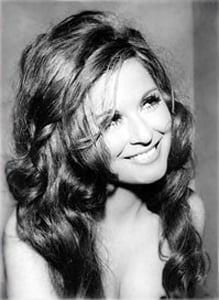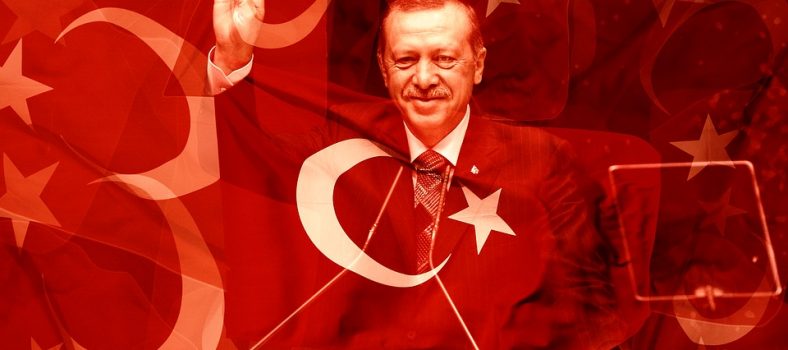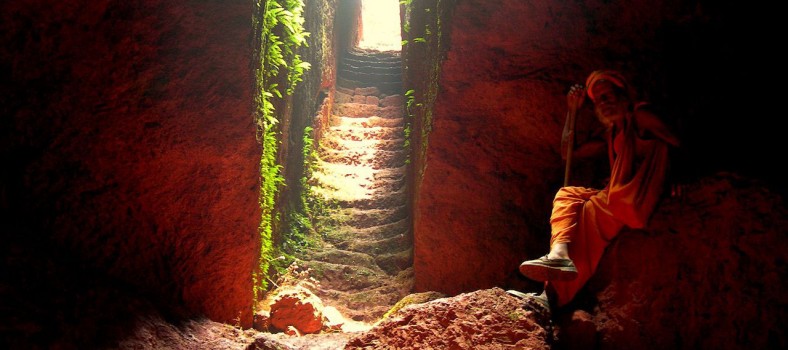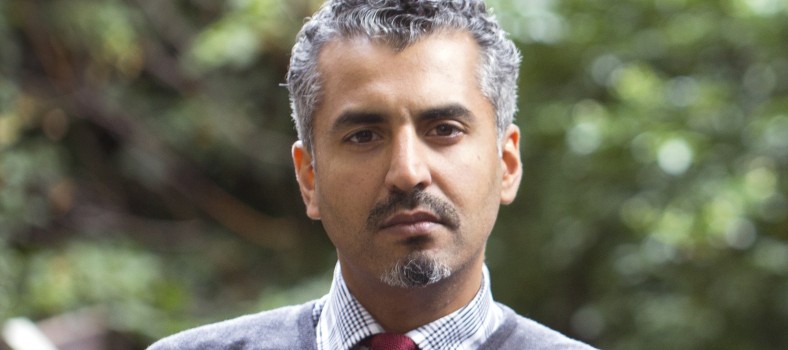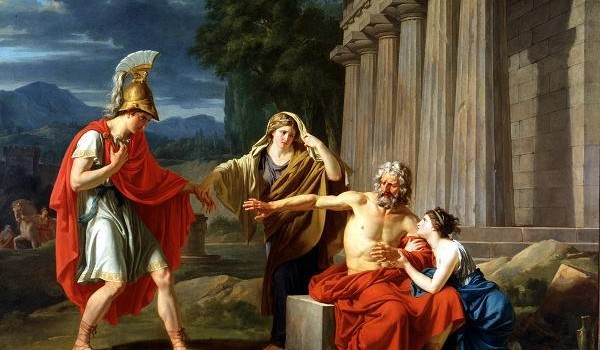WTF *happened* to the Arab World?
Full disclosure: I’m a bit more than sufficiently intoxicated right about now, and it’s roundabout 5am, when perhaps I ought to defer to better judgment and keep from posting these things. But WTH, perhaps this blog deserves *one* impassioned drunken post.
So yes, I’m drunk, and my normally amusical self started with Nancy Ajram, feeling the Lebanese throwback blues–even activists get debilitatingly homesick– and then shifted straight into our folk-goddess Fairuz, and then found myself lost in the glamor and sexiness of the Arab 50’s and 60’s.
And beejeebus, wtf happened to the Arab world when the fervor and spirit was all alight with veneration of the womanly form and body? When Egyptian movies had this sexy, sexy retro oddly Shirley Temple-esque vibe, when Souad Hosni was all flirtily admonishing the stand-offishness of her boys in 1966, when skirts slit up to the hip and belly dancing graced the golden screen in Egypt and beautiful women with rich, deep voices like Asmahan, a princess with expectations and responsibilities from the deepest mountains of Lebanon, could transcend their dutiful roles and were all the rage and everything was lustrous and joyful?
When Um Kulthoum shed her hijab for a noble head-knot and enticing handkerchief on stage and people almost sank to their knees in worship of her glory? I mean, not only did she shed her hijab and transcend emboldened stigma and ostracization for it–she became a fucking *idol*. Can we dream today of a woman shedding her hijab and escaping the hate and peril of others, let alone being near-deified thereafter? Wtf happened to the time when women bared their shameless bellies and danced and danced in power and grace?
So many rhetorical questions. But we know this, don’t we? So many people think that the Arab world and ex-Muslim movements and people from Muslimland are new to discover englightenment, modernity, that we come from a tradition irrevocably steeped in humility and shame. But watch Souad Hosni decades ago here, not some oversexualized extra, but an idolized star, her pride in her voice, her belly, her tits, and tell us that we have never known enlightenment, dare to:
It’s not that we don’t know, we who our parents only became religious in the 70s and 80s after a frantic revival of faith in the face of poverty, subjection, and imperialism, in the face of being othered. Sure I was brought up with religious fervor attached to every movement of my limbs, but my mother and grandmother were not. My own mother and grandmother, from the deepest South of Lebanon, mere miles from the Israeli/Palestinian border, didn’t don the hijab and start cleaving to Shia doctrine in earnest until the mid to late 80’s. What happened? What happened, I say?
But of course we know, we know. We know it even in recent pop culture, from TV series like Al-Ghaliboun that chronicle the history of the rise of Hezobllah and deep religious sentiment in the deep south. And yes, my native South Lebanon, predominantly Shia, witnessed a particularly powerful resurgence of religious sentiment following the Iranian Revolution in the late 70’s and the Israeli invasion in 1982. My mother’s entire family, including her mother and siblings and aunts etc, began veiling in adulthood circa the mid 1980s, and began to more strongly cleave to religious doctrine and more seriously practice as they never had befoer, as did the entire South at the time. My mom attended a Catholic school run by nuns in her childhood in Southern Lebanon. Not ten years later, her family fled from the civil war to the States in ’78, and they felt a huge sense of connection to the Lebanon they’d left behind by, in a new country, where, Francophone as they were, they did not know the language. And strangely enough, they cleaved to a religious belonging that had been merely tangential when they were in the Middle East, listening to Khomeini’s speeches on audio cassette tapes in basements in Detroit. They pinned photos of clerics up like other teenagers do movie stars while they struggled to learn English, almost contradictorily beside pinups of Princess Di preceding her tragic death.
Although I was compelled to when I was a child of eight, my own mother did not veil until she entered college in 1980’s Detroit, because this sense of needing to turn to religion didn’t come until she needed to put together a life and a home that had been torn apart by aggression and displacement, in adulthood. By contrast, a decade later as expats in Saudi Arabia, still Shia, still a minority, still silenced for it, she and my father had me start veiling before I’d begun to even articulate a sense of self, and they viewed it to be absolutely morally incumbent that I do so, child that I was, and spoke to me of it in terms of it being a matter of pride and identity. My sisters and girl cousins were all the same. And when we moved back to Lebanon a few years later–I was 13– back to the culture that all of this kind of tied into, I learned a lot about how Hezbollah’s control and support among the Shia demographic very closely ties into rhetoric that continuously couches religious adherence in terms of standing up to aggression and not having the values and identities of the aggressors thrust upon us, all of that built into a narrative of divine deliverance with the coming of the Mahdi. It’s not dissimilar to rapture narratives among some Christian folks, and is not too difficult to understand if one does not continuously take an othering stance towards Muslim women.
Surely the imperialism does not excuse our falling into violence and bigotry as a result, and we must be responsible agents with all of our constraints and struggles, but it does do very much to explain a whole lot of what is going on. I’ve written about it before, what it is like to grow up, really, in Hezbollah culture, how it is reminiscent of deep Christian conservatism that I’ve encountered in the US.
But still, knowing my family’s history, their struggles, these reasons, I pull up videos of Souad Hosni dancing and dancing with her unabashed body ablaze with beauty and reverence, and wonder, wonder, what happened to my Arab word that the decades should thrust us back so instead of moving us forward.
Most days it is hard not to weep.
-Marwa

